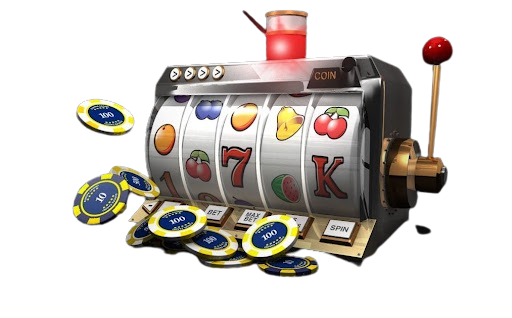Introduction:
Online gaming has come a long way since its inception, transforming from a niche hobby to a global phenomenon that captivates millions of players worldwide. The digital age has not only revolutionized the way we communicate and consume information but has also reshaped the landscape of entertainment, with online gaming emerging as a powerful force. This article explores the evolution of online gaming, highlighting its impact on communities, technology, and the overall gaming experience.
- The Birth of Online Gaming:
The concept of online gaming traces back to the 1970s and 1980s, with early experiments such as multiplayer text-based games and rudimentary online platforms. However, it wasn’t until the 1990s that online gaming truly took off with the widespread availability of the internet. Games like Doom and Quake pioneered online multiplayer ASTONSLOT experiences, paving the way for a new era in gaming.
- The Rise of Massive Multiplayer Online Games (MMOs):
The late 1990s and early 2000s witnessed the rise of Massive Multiplayer Online Games, or MMOs, which allowed thousands of players to inhabit virtual worlds simultaneously. Titles like World of Warcraft and EverQuest became cultural phenomena, fostering online communities and introducing a social dimension to gaming. Players could now collaborate, compete, and form lasting friendships within these expansive digital realms.
- Technological Advancements and Virtual Reality:
As technology continued to advance, so did the capabilities of online gaming. High-speed internet, improved graphics, and more powerful hardware contributed to a richer gaming experience. Furthermore, the advent of virtual reality (VR) introduced a new level of immersion, enabling players to step directly into their favorite virtual worlds. VR has the potential to redefine online gaming, making it more immersive and lifelike than ever before.
- Esports and Competitive Gaming:
The rise of esports has elevated online gaming to a professional level, turning it into a spectator sport with global tournaments, professional players, and lucrative sponsorships. Games like League of Legends, Dota 2, and Counter-Strike: Global Offensive draw massive audiences, blurring the lines between traditional sports and competitive gaming.
- Social Impact and Community Building:
Online gaming has become a powerful tool for connecting people across the globe. Whether through cooperative gameplay, voice chats, or online forums, gamers build communities that transcend geographical boundaries. This sense of camaraderie and shared experiences fosters friendships and supports mental health, providing an outlet for social interaction and collaboration.
Conclusion:
Online gaming has evolved from a niche pastime to a cultural force that shapes how we interact, compete, and connect with others. As technology continues to advance, the future of online gaming holds even more exciting possibilities, from virtual reality to augmented reality and beyond. The global community of gamers continues to grow, making online gaming an integral part of contemporary entertainment and a testament to the ever-expanding potential of the digital age.